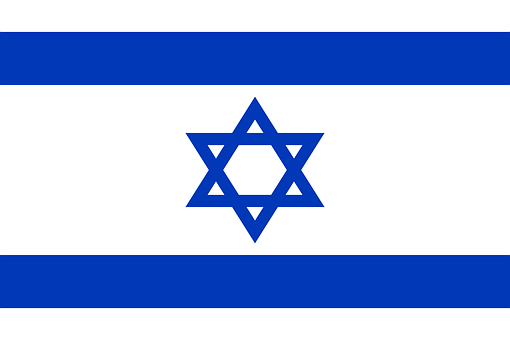How has the India-Israel Relations been So Far?
Diplomatic Ties:
- Though India officially recognised Israel in 1950, the two countries established full diplomatic ties only on 29th January 1992. As of December 2020, India was among 164 United Nations (UN) member states to have diplomatic ties with Israel.
Economic and Commercial Relations:
- From USD 200 million in 1992, bilateral merchandise trade stood at USD 4.14 billion (excluding defence) during the period April 2020 – February 2021 with the balance of trade being in India’s favour.
- Trade in diamonds constitutes about 50% of bilateral trade.
- India is Israel's third-largest trade partner in Asia and seventh largest globally.
- Israeli companies have invested in India in energy, renewable energy, telecom, real estate, water technologies, and are focusing on setting up R&D centers or production units in India.
- India is also in dialogue with Israel for concluding a Free Trade Agreement (FTA).
Defence:
- India is the largest buyer of military equipment from Israel, which, in turn, is the second-largest defence supplier to India, after Russia.
- The Indian armed forces have inducted a wide array of Israeli weapon systems over the years, which range from Phalcon AWACS (Airborne Warning And Control Systems) and Heron, Searcher-II and Harop drones to Barak anti-missile defence systems and Spyder quick-reaction anti-aircraft missile systems.
- The acquisitions also include a host of Israeli missiles and precision-guided munitions, from Python and Derby air-to-air missiles to Crystal Maze and Spice-2000 bombs.
- At the 15th Joint Working Group (JWG 2021) meeting on Bilateral Defence Cooperation, countries agreed to form a Task Force to formulate a comprehensive Ten-Year Roadmap to identify new areas of cooperation.
Cooperation in Agriculture:
- In May 2021, “a three-year work program agreement” for development in agriculture cooperation, was signed.
- The programme aims to grow existing Centres of Excellence (CoE), establish new centers, increase CoE’s value chain, bring the Centres of Excellence into the self-sufficient mode, and encourage private sector companies and collaboration.
Science & Technology:
- Recently, experts from India and Israel deliberated on widening the scope of India-Israel Industrial R&D and Technological Innovation Fund (I4F) at its 8th Governing Body meeting.
- They approved 3 joint R&D projects worth 5.5 million USD and suggested measures to create a broader India-Israel collaborative ecosystem.
- I4F is a cooperation between the two countries to promote, facilitate and support joint industrial R&D projects between companies from India and Israel to address the challenges in the agreed ‘Focus Sectors’.
Others:
- Israel is also joining the India-led International Solar Alliance (ISA), which aligns very well with the objectives of both countries to scale up their cooperation in renewable energy and partner in clean energy.





